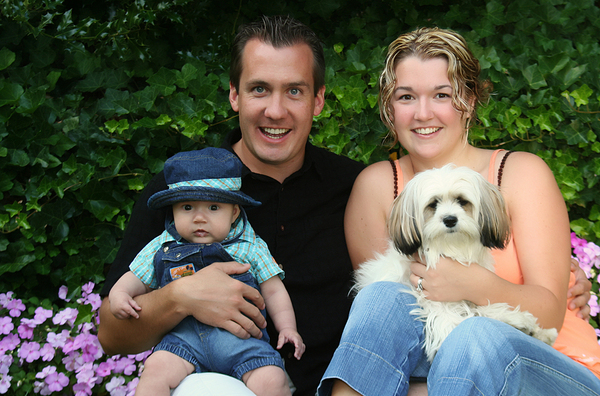What Is the Best Way to Rent My House?
Posted on Wednesday, June 14, 2017

Get ready to take on the responsibility of screening tenants when you decide to rent your home.
Should I rent my house? When you've purchased a home and you've decided to move, it's decision time. You might be considering your first rental property purchase or turning a beloved home into an investment when you move to a new house or a new city. What do you need to do and what should you know before you rent out your home?
Renting Your House is a Job
Before you put up that "Rent my house" sign, you need to understand that being a landlord is a job. According to Investopedia, "being a landlord is one more responsibility you'll need to fit into your life, and it's safe to assume that things will sometimes fail to run smoothly."
When you rent to another person, you take responsibility for the ongoing maintenance of that relationship and that property. For example, you need to know about marketing, finding the right tenants, and doing the repair work required on the home. You'll need to troubleshoot with difficult tenants and keep the property looking good so that the neighbors don't complain. Renting a property can be interesting, but never doubt that it's also work.
Renting Your House Is a Way to Grow Your Investment Portfolio
If you already have an asset such as a home, renting it out is a way to start investing without a lot of fear. If you own a well-maintained home in a good neighborhood, it's likely that your home will appreciate over time, and you may even be able to make a little bit of money every month on top of your maintenance and mortgage payments. According to Bigger Pockets, "many real estate investors begin this way – by renting out their homes as they upgrade to bigger or better properties throughout their life."
Start With the Right Tenants
Who do you want as your tenants? Starting with the right people can make a world of difference to your experience as a landlord. Get a credit check and a reference check from your tenants to make sure that they'll pay on time and take care of the property.

Make sure that you set up specifics rules for tenants with pets.
Contract With Your Tenants
When you're bringing in new tenants, you need to set base rules for how those tenants will behave. This includes everything from setting late fees to determining who mows the lawn. If you have these items in writing and they're consistent across your properties, it will make it easier to communicate with all of your tenants about the rules.
Organize Payments
How will your tenants pay you? Do you have multiple options, or do you prefer a single type of payment? You can accept a check in the mail, Paypal or other online payment, purchase a credit card adapter for your phone, or even collect the rent in person. Be clear about the different types of payments as well, such as the damage deposit.
Make a Maintenance Plan
What maintenance does your property need, and how will you maintain it over time? Some properties will require weekly maintenance such as lawn mowing. Set up an inspection schedule that allows you or a property professional to visit each property in turn to find problems and fix them before they become irreparable.
Get Professionals On Your Side
You may be very handy around the house, but there will come a time when you either don't have the time or the expertise to manage a specific problem at your property. You need to have a group of professionals available to you, including: plumbers, carpenters, landscapers, electricians, and others who can help you manage your property's repairs and maintenance. If you get overwhelmed by the details of property management, a property management professional can help you find new tenants, collect payments, and create and enforce rules.
At Open for Homes, we'll help you move into the real estate market or invest in new properties. Read the blog at Open For Homes for news and views on real estate purchases and investments, and visit our website to learn more about our properties for sale.

